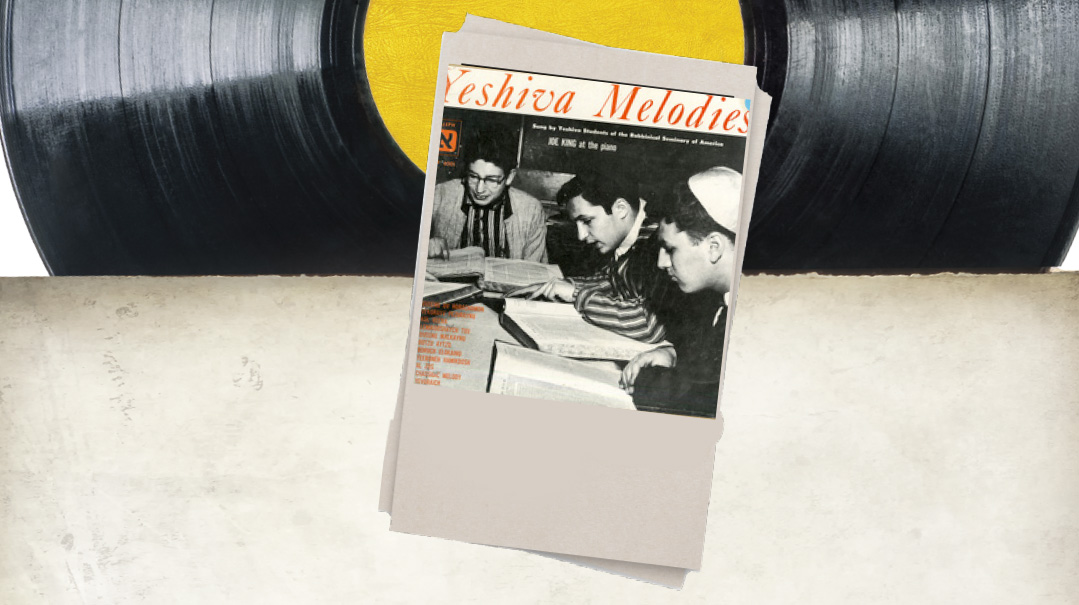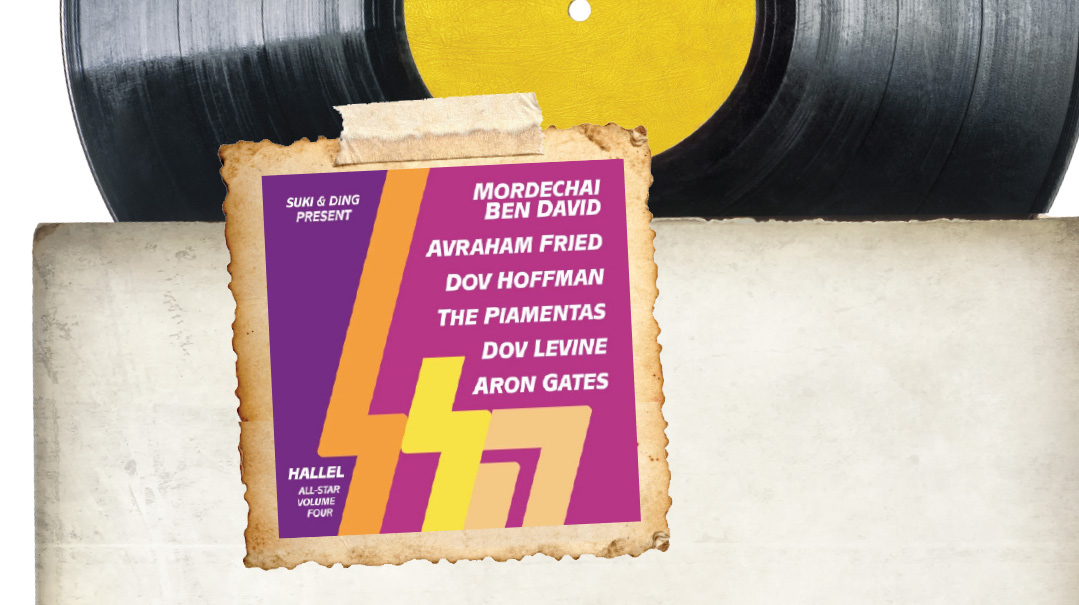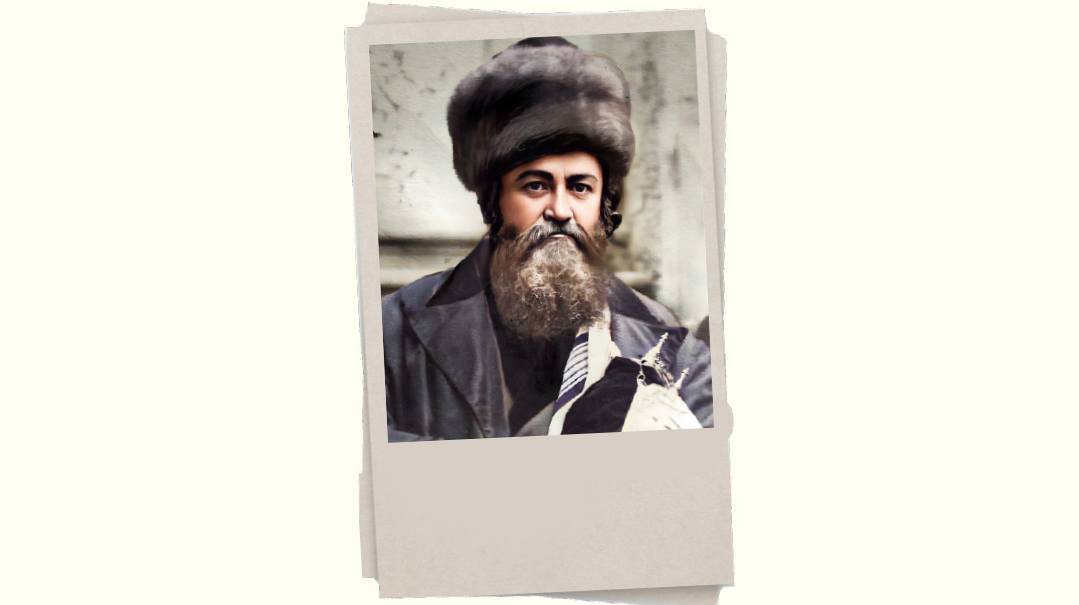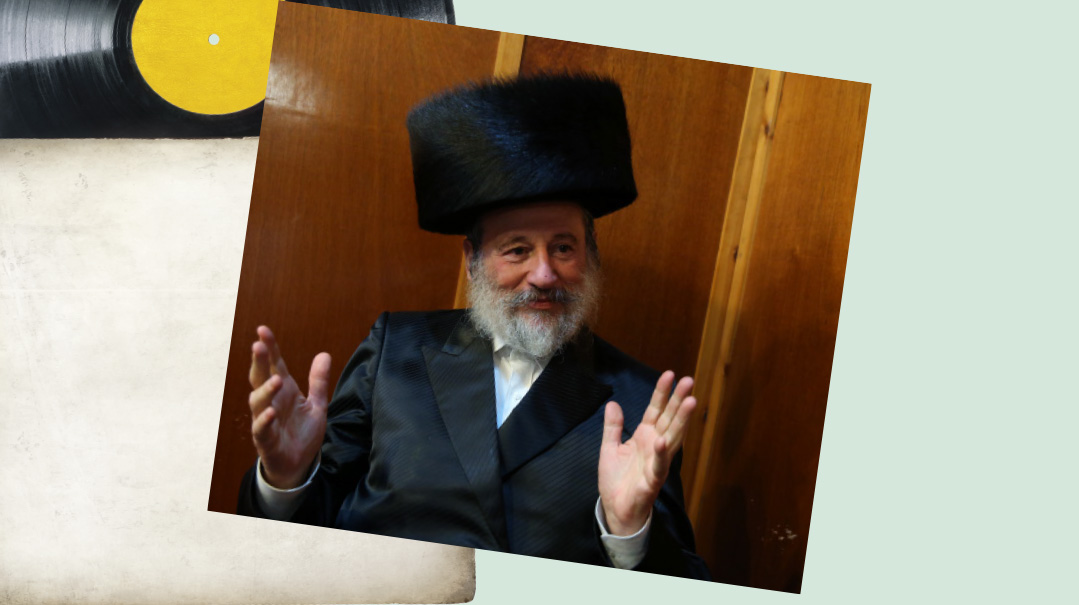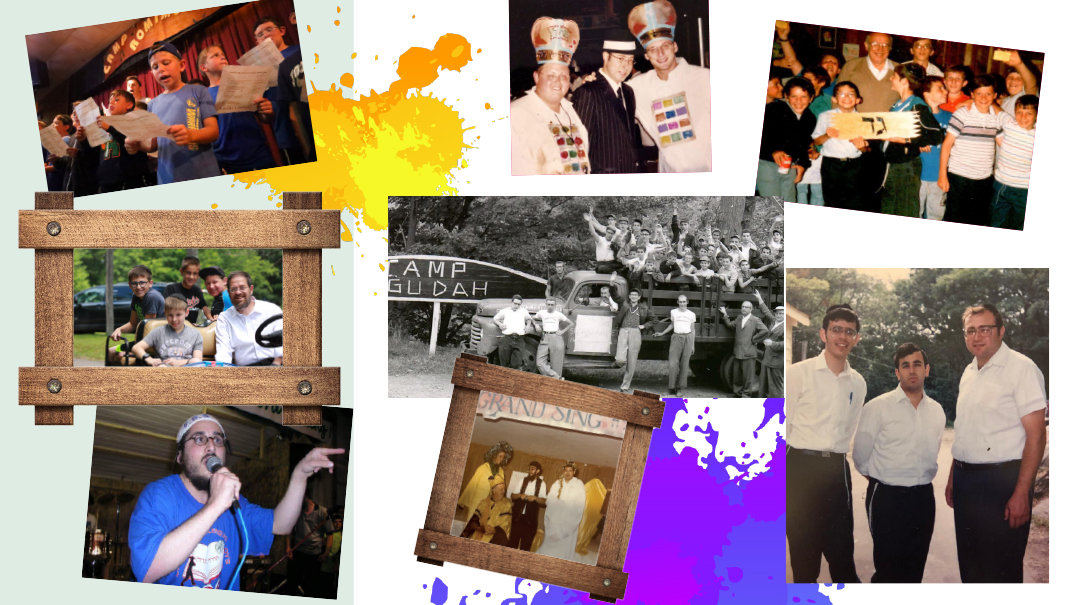Where the Wagon Takes You

In all the decades that I’ve been in the music business, I’ve never seen a phenomenon quite like this

A
lthough I usually use this space to give over little-known backstories of the industry, today I want to share about something very much in the present. You’ve surely read about or are familiar with TYH (the “Thank You Hashem” movement), so important in these complex and often painful times. In all the decades that I’ve been in the music business, I’ve never seen a phenomenon quite like this.
Around five years ago, right around the start of Covid, the Blumstein brothers, Joey Newcomb, and Yakov Josephy, with the help of a cadre of friends including Moshe Storch, Mendy Worch, and Mendy Portnoy, launched this exuberant movement to promote gratitude, positive thinking, spiritual connection and simchah throughout the greater Jewish community.
Maybe that can explain why my four-year-old grandson woke up at 4 a.m. recently, turned on the MP3 player to the highest volume, and said, “Alexa, play ‘Chi Chi Wawa.’” A few seconds later, everyone came downstairs bleary-eyed to see this little fellow bouncing happily in the kitchen. Seeing how happy he was made them want to join in, and soon everyone was dancing.
“Chi Chi Wawa” was composed by Mendy Worch and inspired by the teachings of Rabbi Yussie Zakutinksy, rabbi of K’hal Mevakshei Hashem in Lawrence, New York, and TYH mentor, who explained that the yetzer hara makes a lot of noise, but in actuality, it’s just like a pesky little Chihuahua that barks but doesn’t really bite. You can either confront him as though he were a scary bulldog, or you can shlep him to the beis medrash with you, as the Gemara says (and Mendy sings) — “Im paga bach menuval zeh, moshcheihu l’beis hamedrash” (Kiddushin 30b).
What is it about TYH music that makes every song go viral? I myself couldn’t put my finger on it so I called up my trusted partner Suki. He told me, “I believe it’s because it’s music with a message, but more than that: These songs are simple, happy, upbeat, and positive — feel-good, joyful music, together with a clear and relatable message that resonates with everyone.”
Joey Newcomb told me about a young boy who was scheduled for a certain surgical procedure during which the patient had to be awake. The doctor, who always played music during these surgeries, usually chose heavy metal rock. The young boy asked, “If it’s okay with you, can you please instead, play ‘Thank You, Hashem’?” Although the doctor was unfamiliar with the song, he gladly obliged. The operation was a success, and since then, whenever the doctor has a Jewish patient, he plays ‘Thank You, Hashem’ during the surgery.
Most of the songs that TYH produces are very catchy and easy to learn. Take, for example, Moshe Storch’s big hit, “Happy Clappy.” I dare you to listen to it without it getting stuck in your head. I asked Moshe what was behind this song. He said that when the kids’ song “Baby Shark” stormed the world with its simple tune and dance, he decided that we need our own song that’s kulo simchah, easy to learn and danceable, and would bring joy to both young and old. And so, “Happy Clappy” was born. Same idea for, “Noach Was a Big Tzaddik,” composed by Rabbi Mordechai Zev Jungreis, the Nickolsburg Rebbe of Woodmere. Easy words, catchy tune, beloved by both little kids and big adults.
Rav Moshe Feinstein ztz”l would say that if a Yid came home Friday night and told his family, “Es iz shver tzu zein a Yid — it’s tough to be a Jew,” then his children will want no part of it. But if, despite all the challenges, he declares, “Es iz gut tzu zein a Yid,” his children will feel happy and proud. Storch ran with that theme in “It’s Geshmak to be a Yid,” to the tune of “Yifrach B’Yamav Tzaddik.” So if someone walks over to you and asks you what it’s like to be a Yid, look at him straight in the eye, give him a huge smile and say, “Geshmak!”
There are many hidden messages in TYH’s “Back of the Wagon of the Besht,” which conjures up images of the Baal Shem Tov and his disciples flying off to lofty spiritual adventures to elevate the sparks in far-flung places, but Rabbi Zakutinsky explains that we can all go along for the ride. We can sit “in the back of the wagon” where there is no fear, only the vibrant pulse of a journey guided by something much greater than ourselves. This mega hit was originally composed by the Blumstein brothers, but they were stuck on the low part — until someone suggested that they use the famed niggun of the Baal Shem Tov himself, and the song came together as a real connector for all of us on our individual journeys.
So even if you’re stuck in traffic or had a bad day at the office, always remember to thank the Wagon Driver. I would go on, but to quote Mendy Worch, we’re “mamish at the end.”
(Originally featured in Mishpacha, Issue 1048)
Oops! We could not locate your form.

